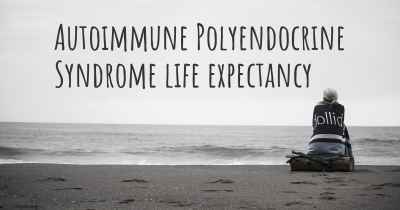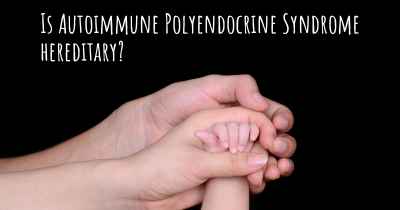18
What is the prevalence of Autoimmune Polyendocrine Syndrome?
How many people does Autoimmune Polyendocrine Syndrome affect? Does it have the same prevalence in men and women? And in the different countries?

Autoimmune Polyendocrine Syndrome (APS) is a rare disorder characterized by the malfunction of the immune system, leading to the destruction of multiple endocrine organs. The prevalence of APS varies depending on the specific subtype. APS type 1, also known as autoimmune polyendocrinopathy-candidiasis-ectodermal dystrophy (APECED), is extremely rare, affecting approximately 1 in 90,000 to 1 in 160,000 individuals worldwide. APS type 2, on the other hand, is more common, with an estimated prevalence of 1 in 20,000 to 1 in 40,000 individuals. It is important to note that these figures may vary across different populations and regions.
Autoimmune Polyendocrine Syndrome (APS) is a rare disorder characterized by the malfunction of the immune system, leading to the destruction of multiple endocrine glands. APS can be classified into two types: APS type 1 (APS-1) and APS type 2 (APS-2).
APS-1 is an extremely rare autosomal recessive disorder, primarily affecting children. It is most prevalent in certain populations, such as Iranian Jews, Sardinians, and Finns. The estimated prevalence of APS-1 varies among different studies, ranging from 1 in 9,000 to 1 in 2 million individuals.
APS-2 is more common than APS-1 and typically affects adults. It is associated with other autoimmune conditions, such as type 1 diabetes, autoimmune thyroid disease, and adrenal insufficiency. The prevalence of APS-2 varies widely depending on the population studied, ranging from 1 in 1,000 to 1 in 30,000 individuals.
Due to the rarity of APS and the variability in its presentation, obtaining accurate prevalence data is challenging. However, it is generally agreed that APS is a rare disorder, with APS-1 being much rarer than APS-2. Early diagnosis and appropriate management are crucial in improving the quality of life for individuals affected by APS.
Diseasemaps








